A record number of University of Guelph faculty have been named Fellows of The Royal Society of Canada, the country’s most prestigious body of independent scholars, researchers and creatives at the forefront of intellectual leadership.
Six U of G faculty representing the Ontario Agricultural College, the College of Engineering and Physical Sciences and the College of Arts have been named Fellows and one faculty member from the College of Social and Applied Human Sciences has been named to the College of New Scholars, Artists and Scientists.
“This impressive acknowledgement of academic and scholarly excellence at the University of Guelph honours each of these faculty members for their remarkable work,” says Dr. Rene van Acker, vice-president (research and innovation). “We are proud to celebrate these seven researchers on this significant achievement.”
Since 1882, The Royal Society of Canada has enhanced the development of robust scholarly, scientific and artistic excellence and engagement. In its founding, the society queried how leaders can come together to help make a better future as scientific and technological change, demographic transformation, political reconfiguration and cultural diversification evolves throughout history.
More than 3,700 scholars and artists have been elected to the society’s three academies – the Academy of Arts and Humanities, the Academy of Social Sciences and the Academy of Science.
A formal Celebration of Excellence and Engagement will be held Nov. 7-9 in Vancouver, B.C. to induct all new Fellows and College Members.
Royal Society Fellows
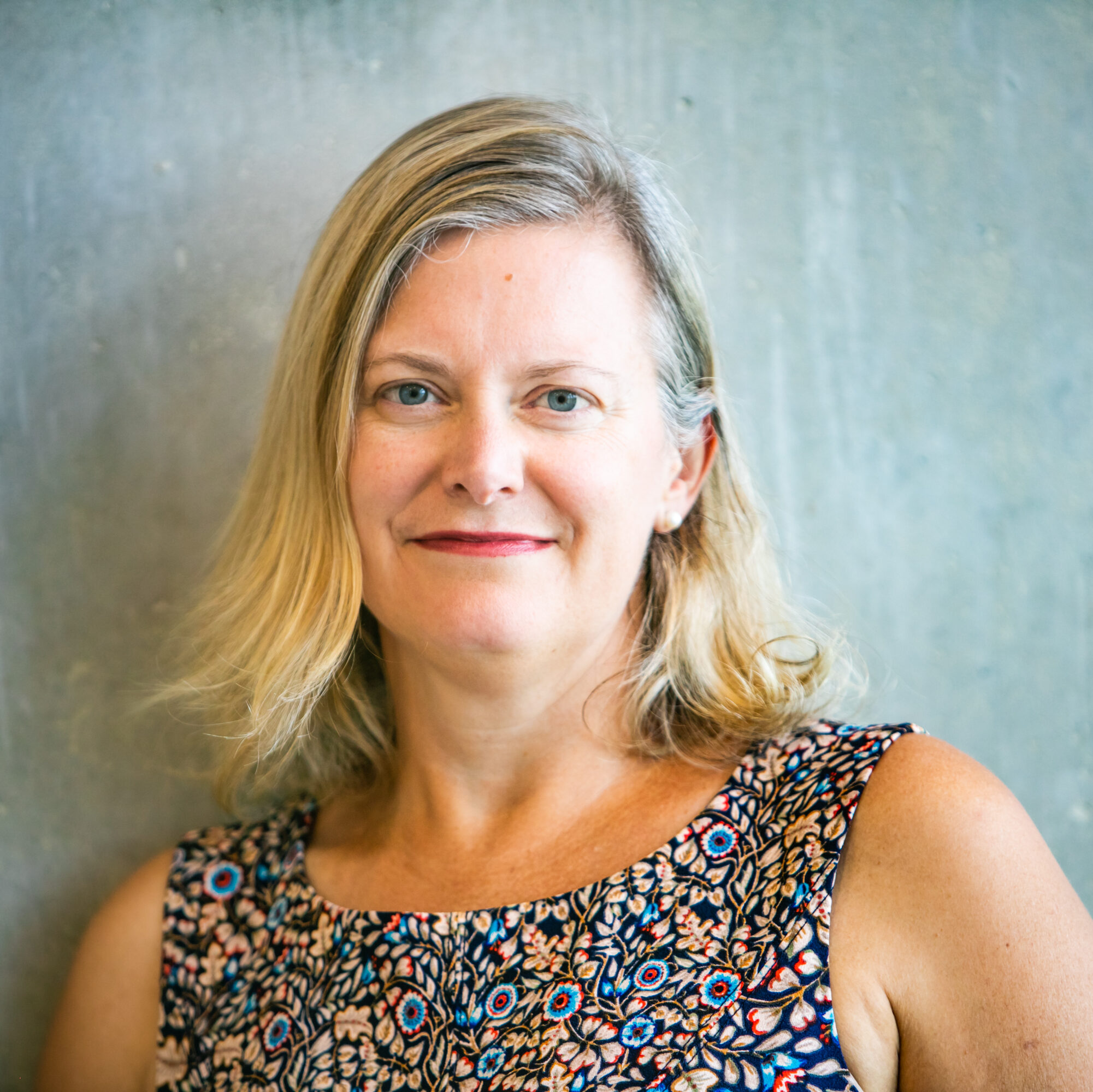
Dr. Catherine Carstairs
Department of History
“I am very honoured to receive this award and humbled to be among such outstanding scholars at the University of Guelph.”
Dr. Catherine Carstairs is a nationally and globally renowned, award-winning historian whose work demonstrates how racism, colonialism, gender inequity, ageism and class have shaped the past and created health inequities today. Carstairs’ groundbreaking contributions to medical and gender history have made her an international leader in drug and alcohol studies, food studies and public health. A former president of the Canadian Society for the History of Medicine and chair of the Canadian Committee on Women’s and Gender History, Carstairs is the author of three books and editor of one and a former Fulbright Scholar.

Dr. Aicheng Chen
Department of Chemistry
“I am truly honoured and delighted to be elected to such a distinguished group of scholars and artists. I have been fortunate to supervise numerous outstanding students and post-doctoral Fellows. I am grateful for their important contributions to my research program, which aims to discover and develop advanced electrochemical technologies to address critical global challenges.”
Dr. Aicheng Chen, professor of chemistry and Tier 1 Canada Research Chair in electrochemistry and nanoscience, is a world-leading chemist widely recognized for significant advances in these fields. Chen’s innovations in hydrogen storage reflect how his work addresses major global challenges. He has also made significant contributions to the design of advanced nanomaterials-based sensors and biosensors for medical diagnoses, ensuring food quality and safety and environmental monitoring, as well as to the development of new approaches for methane and carbon dioxide conversion to mitigate greenhouse gases. Chen is director of the Electrochemical Technology Centre, a Fellow of the Royal Society of Chemistry (U.K.), the International Society of Electrochemistry and the Chemical Institute of Canada.
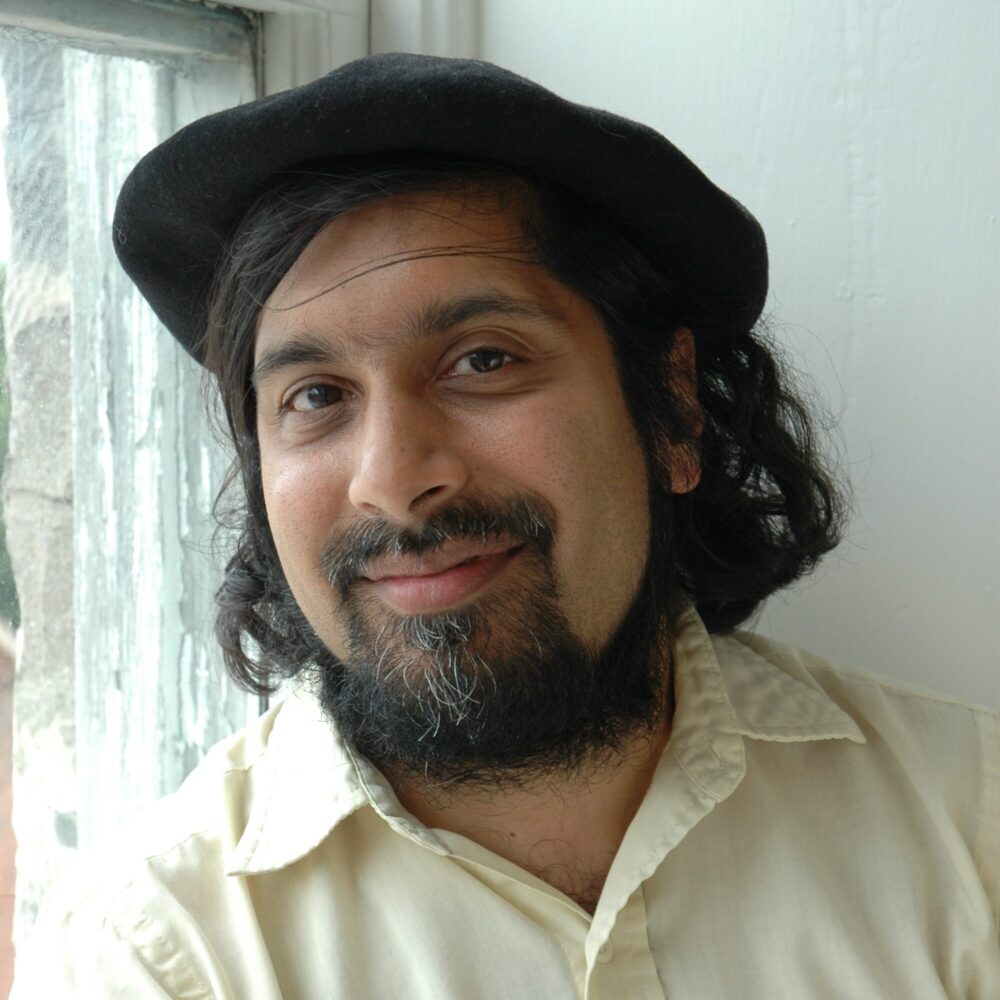
Dr. Ajay Heble
School of English and Theatre Studies,
International Institute for Critical Studies in Improvisation
“It is a tremendous honour to have received this significant recognition from the Royal Society of Canada. I am particularly excited by the way this recognition bestows prestige and legitimacy on the legacy of the work I’ve been doing in building a field of study – and a community – around Critical Studies in Improvisation. Congratulations to my fellow inductees from the University of Guelph. It is truly an honour to be in such distinguished company.”
Dr. Ajay Heble, professor of English, is an internationally renowned scholar, visionary arts leader and innovative community builder who led the development of a groundbreaking new field of interdisciplinary research and scholarly inquiry – critical studies in improvisation. Heble’s vision to mobilize the arts as a force for social change is reflected in his remarkable achievements that demonstrate the power of art to change lives and improve communities including at-risk youth, children with disabilities and people living with addiction. Since 1996, Heble has served as director of the Guelph Jazz Festival Colloquium, an international conference he founded. In 2013, Heble founded the International Institute for Critical Studies in Improvisation. In 2016, he was the recipient of the SSHRC Impact Award and in 2023 he received the prestigious Killam Prize in the Humanities.
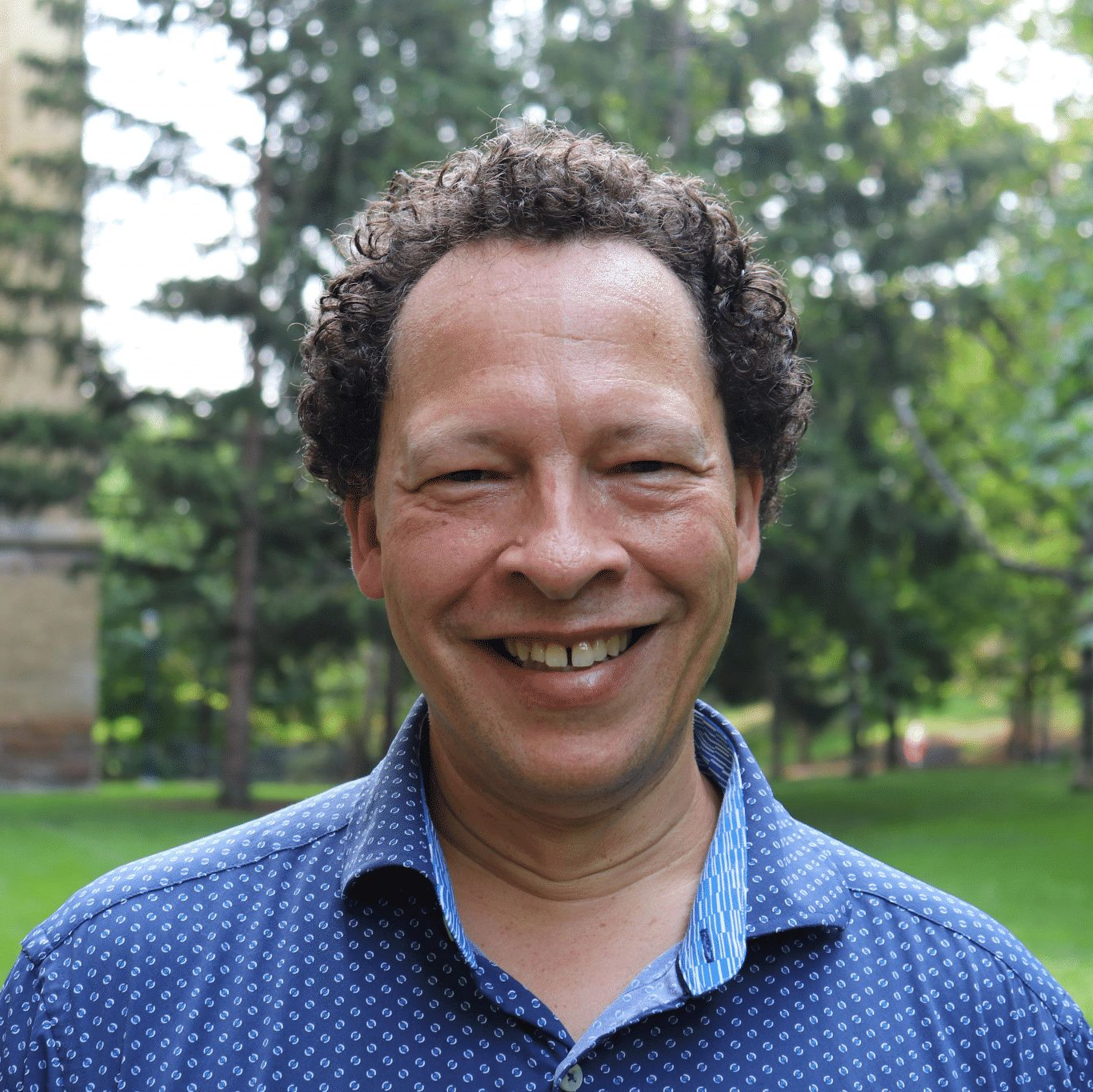
Prof. Lawrence Hill
School of English and Theatre Studies
“I have spent four decades mapping questions of migration, survival, identity, love and the search for home in my fiction and creative non-fiction and am thoroughly delighted to see this work – as well as my commitment to teaching at the University of Guelph – honoured by the Royal Society of Canada.”
Prof. Lawrence Hill, professor of creative writing, is an award-winning author of 11 books whose significant contributions to Canadian literature and the celebration of Black culture and history have led to profound engagements in social justice, advocating for more recognition of Black history. A founding member of Gryphons Read, a program spotlighting queer and BIPOC writers, Hill has enriched the lives of writers and readers the world over through his teaching and published works. Hill, a member of the Order of Canada, is the recipient of 10 honorary doctorates, the Rogers Writers’ Trust Fiction Prize and the Commonwealth Writers’ Prize for Best Book.
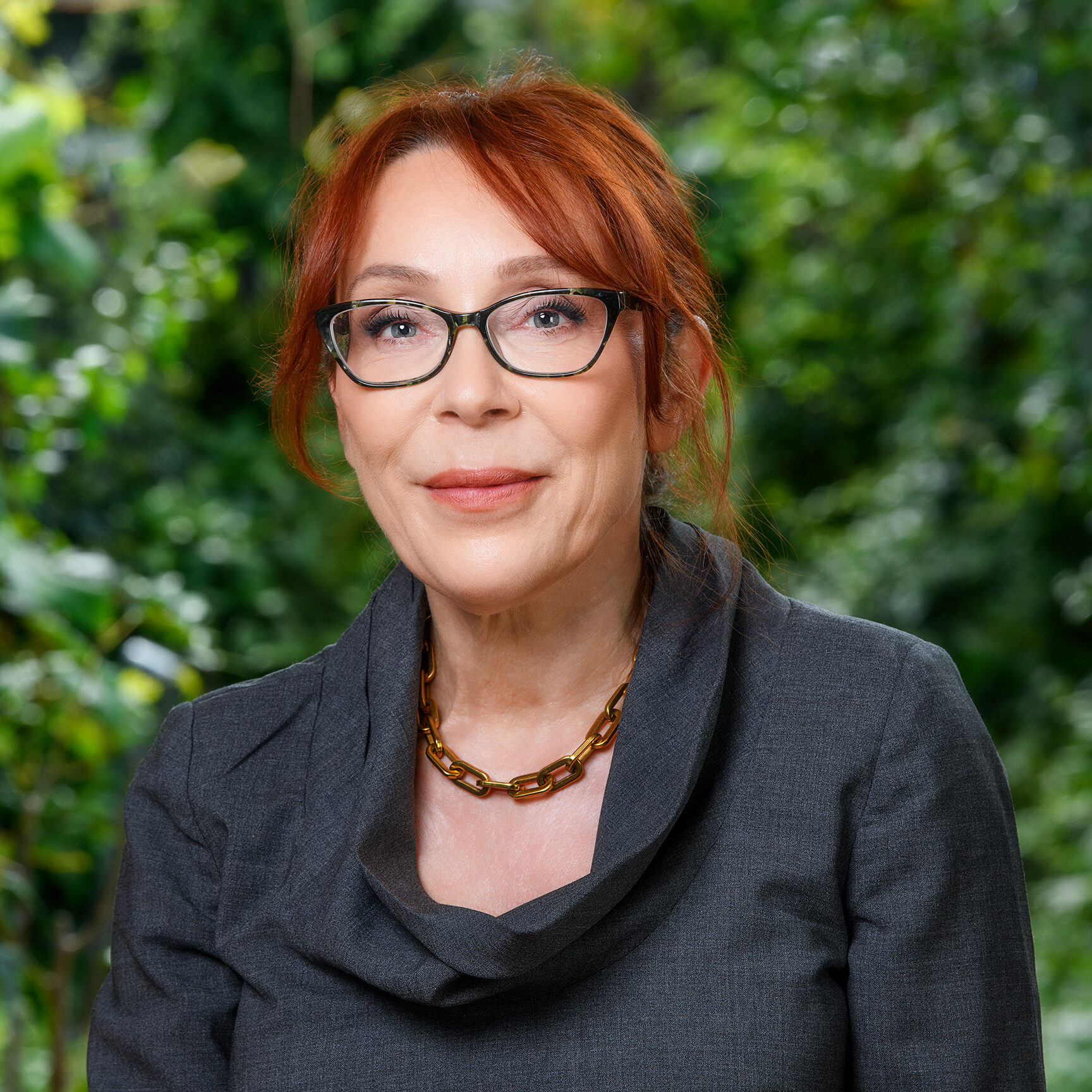
Dr. Georgia Mason
Department of Integrative Biology
“I am thrilled, and very grateful to my referees, as well as to all my wonderful current and past grad students and post-docs. I am also excited to bring the fascinating, ethically important topic of animal welfare to new audiences.”
Dr. Georgia Mason, award-winning professor of behavioural biology, is an internationally recognized leader transforming the way humans treat other species through her extensive research in animal welfare. A global authority on the effects of captivity on animal behaviour and health, Mason investigates animal emotions, moods and overall wellbeing leading to discoveries that have changed attitudes, guidelines and laws to better protect animals globally. Mason’s creativity in this work brings light to an otherwise confused subject, bringing statistical and conceptual approaches from evolutionary biology and ecology into the animal world. A former Tier II Canada Research Chair, she is currently director of the Campbell Centre for the Study of Animal Welfare and an elected Fellow of the Royal Society of Biology (U.K.)
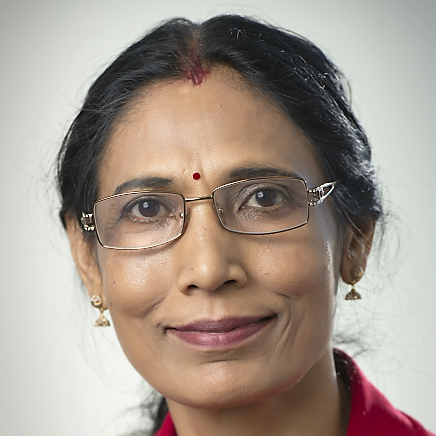
Dr. Manjusri Misra
School of Engineering and Department of Plant Agriculture
“I am deeply honoured and humbled to be among the Fellows of the Royal Society of Canada, and for the recognition of my work in the field of sustainable materials. I feel that this is also a recognition of the efforts of many outstanding students, postdocs, collaborators and industry partners I have been fortunate to work with throughout my career.”
Dr. Manjusri Misra is a professor of biological engineering and Tier 1 Canada Research Chair in Sustainable Biocomposites. Misra is a global leader in sustainable materials whose contributions to the advancement of biopolymers and biocomposites have reduced global dependence on fossil polymers, greenhouse gas emissions and waste. Misra’s innovative biomaterial designs are internationally recognized for functional performance of bioproducts, leading to award-winning applications in packaging and automotive industries, fostering a decarbonized circular bioeconomy. Over her 30-year career, Misra has amassed over 60 patents and played a major role in bringing eight new products to market, reducing reliance on single-use plastic and lowering environmental footprints. She is a Fellow of the Royal Society of Chemistry (U.K.), American Institute of Chemical Engineers, Indian Institute of Chemical Engineers and the Society of Plastics Engineers. She is also the recipient of Canada’s Most Powerful Women: Top 100 Award in the Manulife Science and Technology category from the Women Executive Network.
College of New Scholars, Artists and Scientists

Dr. Stephen P. Lewis
Department of Psychology
“I am tremendously honoured to receive this recognition from the Royal Society of Canada. It is a privilege to be included among the six U of G faculty honoured as RSC Fellows. I am thankful for the support of my nominator and referees. I also want to extend my gratitude to the countless people whose stories and resilience both inform and inspire my work. It is my sincere hope that that this recognition symbolizes legitimacy and possibility for other individuals with lived and living experience of self-injury and mental health adversity.”
Dr. Stephen P. Lewis, professor of psychology and a U of G Research Leadership Chair, is an internationally renowned researcher whose work challenges dominant theoretical and clinical paradigms in the field of non-suicidal self-injury (NSSI). His participatory and action-oriented research uniquely centres people’s lived experience of NSSI and related mental health difficulties. Lewis’ own lived experience with NSSI and mental illness bridges advocacy with academia as reflected in his TEDx Talk, published narratives and commentaries, media interviews, and research impacts that extend far beyond traditional scholarship to shape social media policy, create practical training, and empower individuals to work toward recovery. Lewis is former president of the International Society for the Study of Self-Injury. He is also co-founder and co-director of Self-Injury Outreach and Support (SiOS). Accessed in over 180 countries, SiOS is the first international non-profit initiative providing research-informed resources to individuals with lived experience and those who support them.
